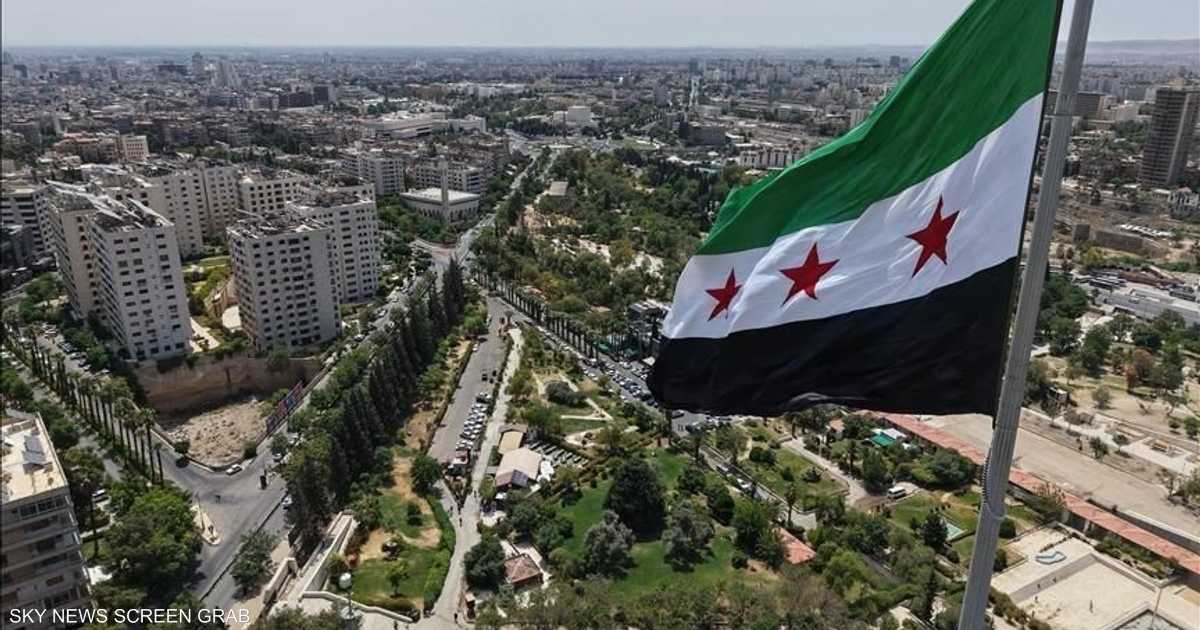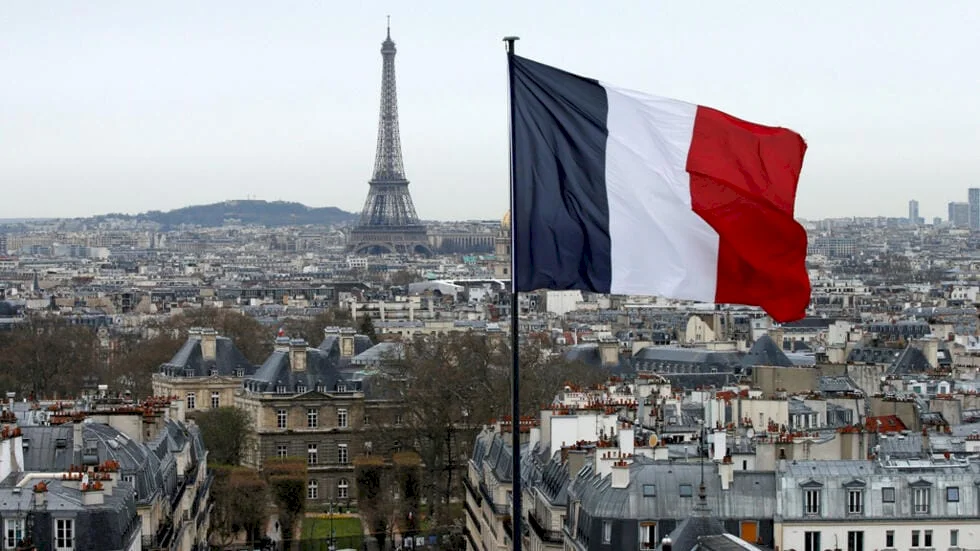Syria's Upcoming People's Assembly Elections: A Contested Path to a New Era?
Syria is preparing for its first People's Assembly elections since the ousting of former President Bashar al-Assad on December 8th of last year, scheduled for October 5th. While some see this as the beginning of a new political life, others express concerns about the election process and the legitimacy of the assembly itself.
Concerns over the Electoral System
A group of human rights and civil organizations issued a document criticizing the interim electoral system in mid-September, citing "deep structural flaws" that prevent it from meeting international standards for political participation. The organizations highlighted several key concerns, including the role of the transitional president in appointing a third of the People's Assembly members and the composition of the electoral bodies.
- Calls for the abolishment of the transitional president's role in appointing members.
- Demand for the reformation of electoral bodies through consultation with Syrian civil society.
- Advocating for the removal of restrictions and vague criteria in nomination requirements.
- Pushing for an independent body overseeing the electoral process.
Differing Perspectives on the Elections
While transitional President Ahmed al-Shar'a approved the interim electoral system on August 20th, political analysts hold different views on the process. According to the official news agency SANA, the new assembly will consist of 210 members, with one-third appointed by the president and the remainder elected through bodies formed by sub-committees. Pro-government analyst Abdul Karim al-Omar hailed the elections as a significant achievement, proving Syria's resilience despite major challenges.
Conversely, Marwan Kabalan, an academic at the Arab Center for Research and Policy Studies, views the elections as a circumvention of the democratic process. He argues that ordinary people lack meaningful input, effectively making it an appointment process for the assembly members.
Controversies and Justifications
One major point of contention involves limiting the selection of candidates to sub-committees and electoral bodies appointed by the Higher Elections Committee. Critics argue this restricts the general public's ability to choose their representatives through general elections. Nawar Najma, spokesperson for the committee, defended the system, citing the impossibility of direct elections due to displacement, lack of documentation, and the demographic situation in Syria.
Najma also stated that the president's role in appointing members is meant to address any gaps in representation. According to the UN Refugee Agency, approximately 14 million Syrians have been displaced since 2011. While over half a million have returned, many face logistical and economic difficulties.
Comparison to Past Elections
Syria last held parliamentary elections in July 2024, prior to the change in government. Under the previous administration led by the Ba'ath Party, the party and its allies controlled the majority of seats in the 250-member assembly. Elections were frequently criticized by human rights organizations as unfair and lacking legitimacy. Following the change in government, the Ba'ath Party and the National Progressive Front were dissolved.
Exclusion and Representation Concerns
The new election laws stipulate that candidates for the electoral bodies must have been Syrian citizens before May 1st, 2011, and must not have run for president after this date. Former members or candidates of the People's Assembly after 2011 are also barred unless they prove their "defection" from the previous government. Those who supported the "former regime" or "terrorist organizations" are also excluded, raising concerns about the representation of various groups.
The new election rules exclude three Syrian cities: Sweida (Druze majority), Hasakah, and Raqqa (controlled by Kurdish forces). It remains unclear if these seats will remain vacant or be filled by presidential appointees.
Dara Abdullah, a Kurdish political activist, sees the electoral process as similar to "mass elections" under the previous leadership, while Adil al-Hadi, a Druze lawyer, views the exclusion of Sweida as a continuation of policies marginalizing the Druze population.
A New Era or Another "Authority Council"?
While analyst Abdul Karim al-Omar expresses optimism that these elections are paving the way for a "new political life," academic Marwan Kabalan remains skeptical about the powers of the new assembly. The constitutional declaration issued in March places legislative authority with the People's Assembly, but executive powers remain solely with the president.
 Visit the website
Visit the website






